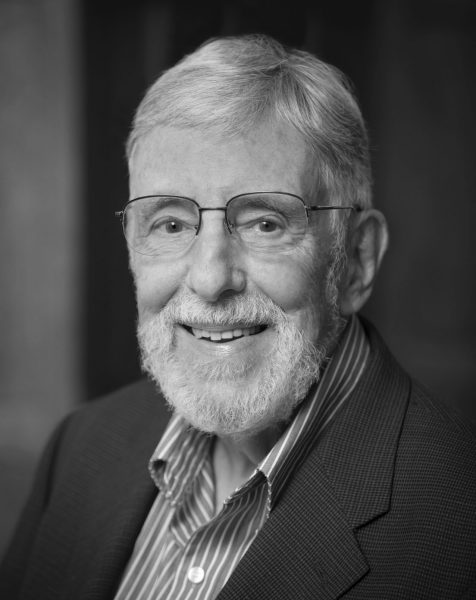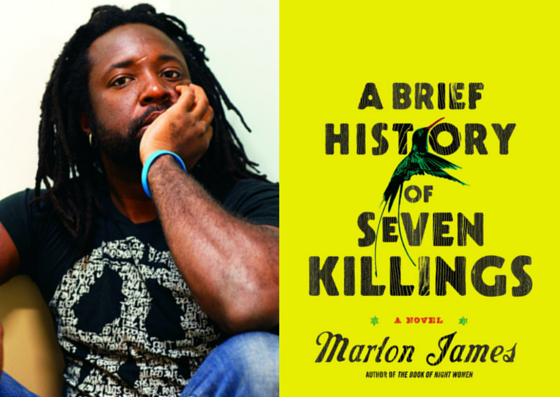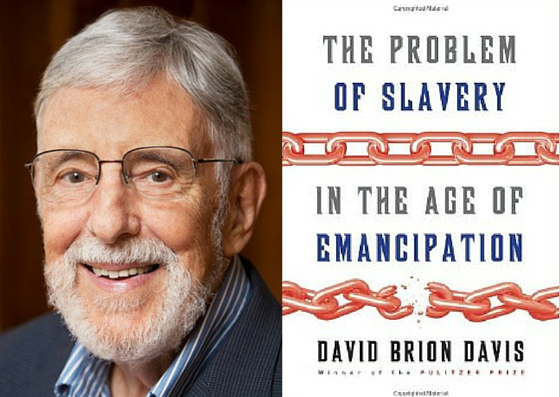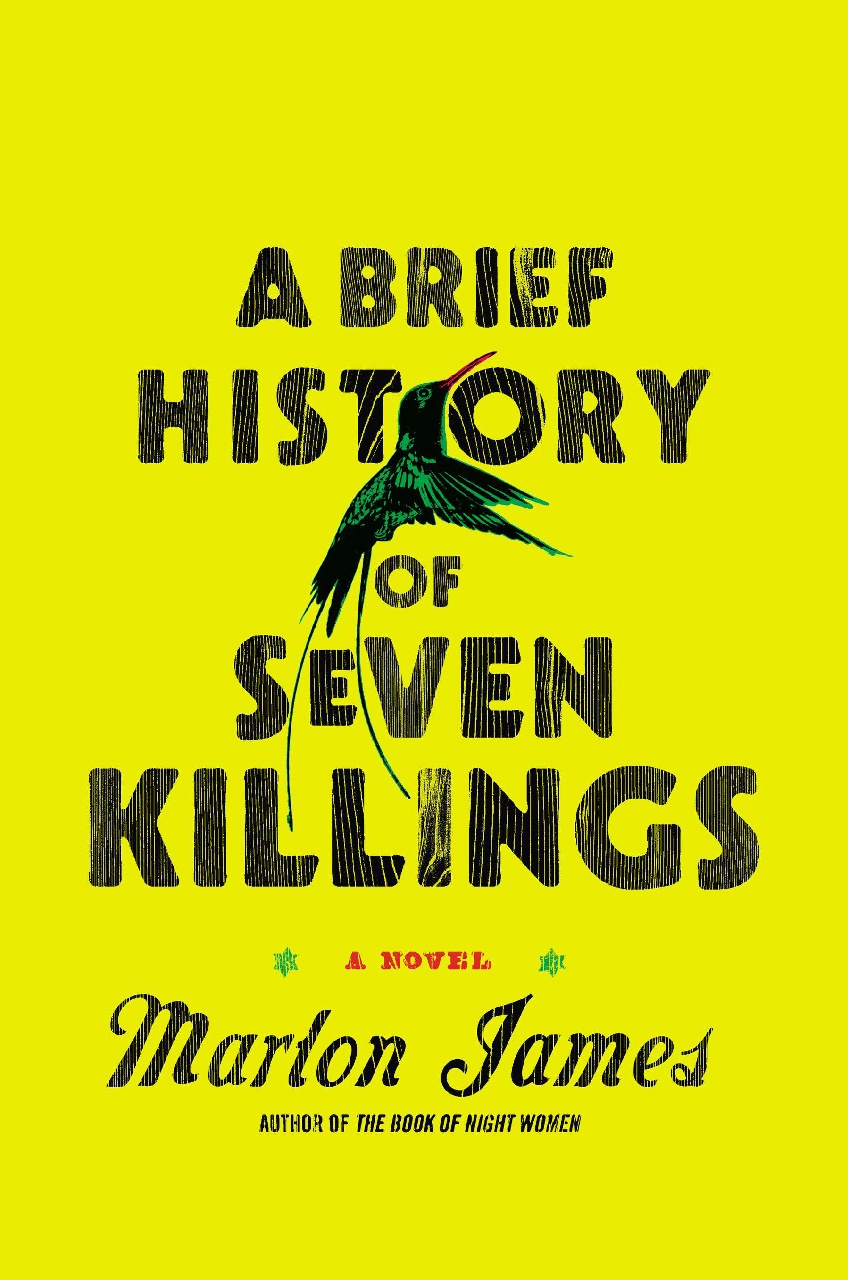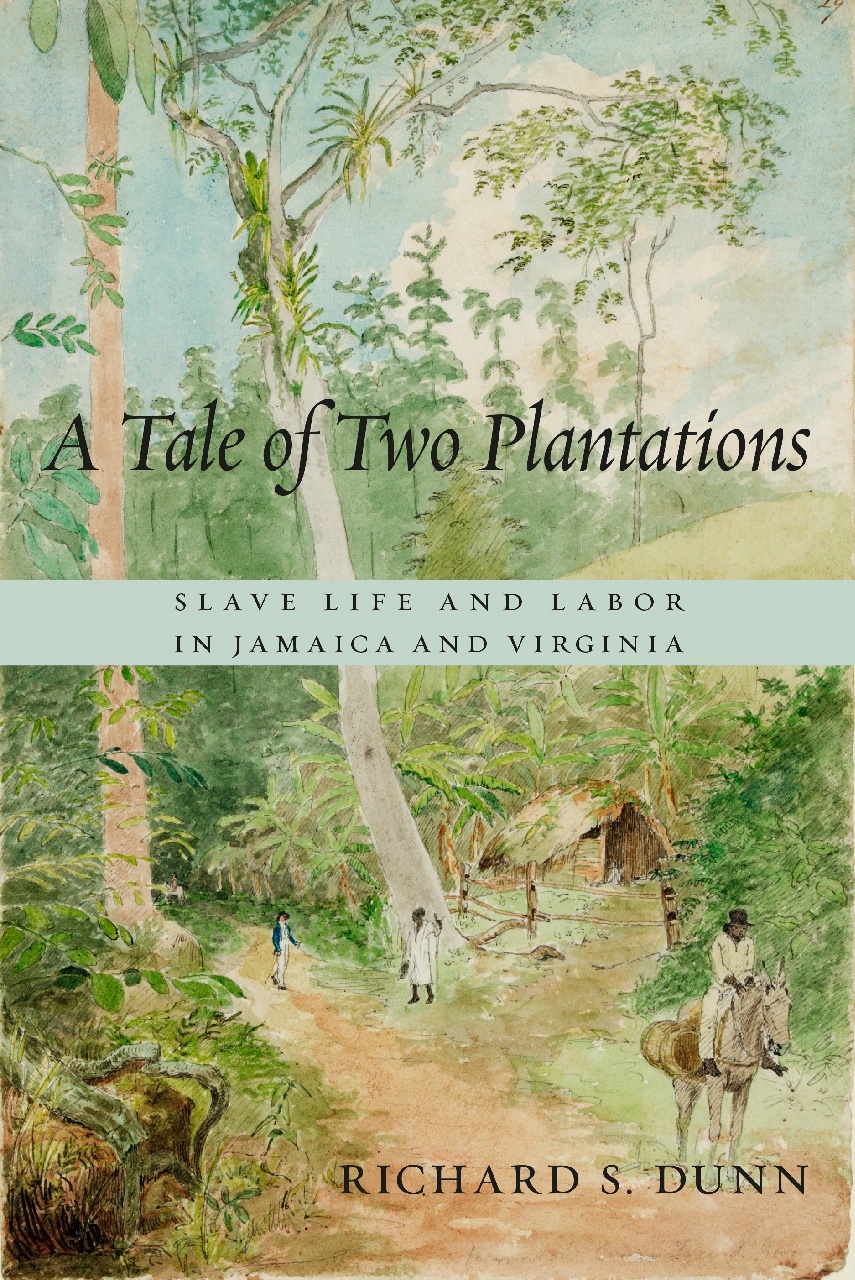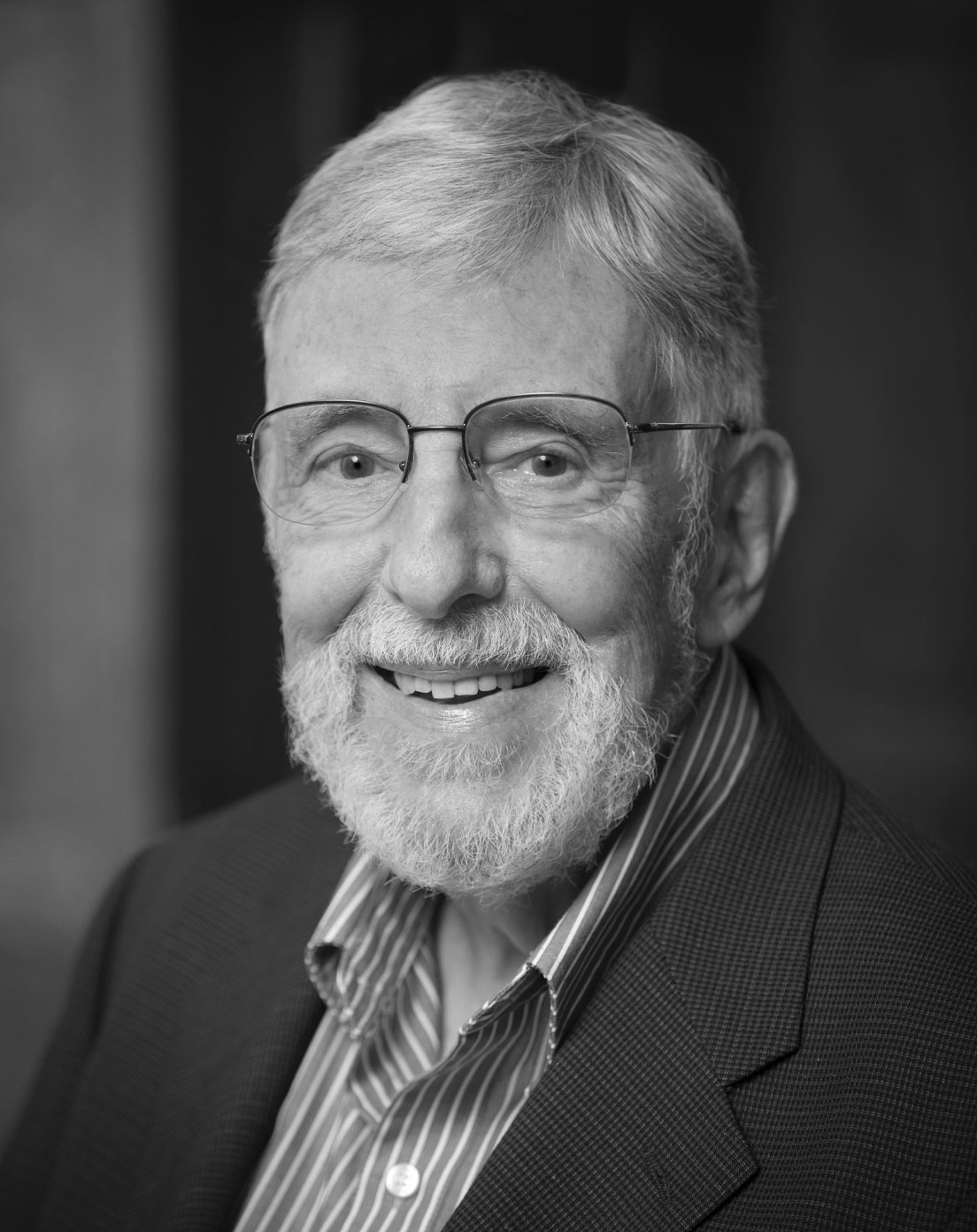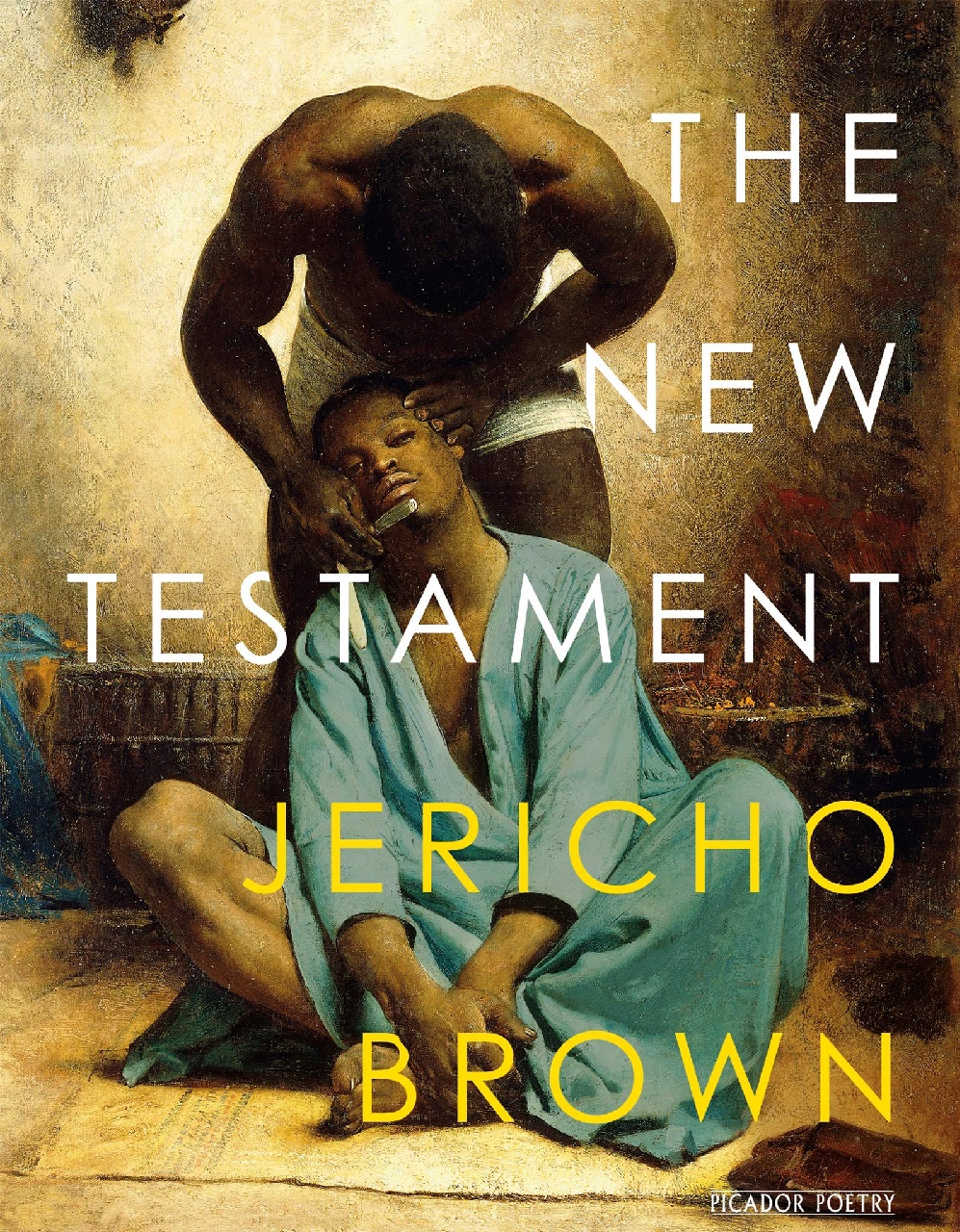David Brion Davis is a leading American intellectual and cultural historian, the author or editor of 16 books. Anisfield-Wolf-winning historian Ira Berlin observed that “no scholar has played a larger role in expanding contemporary understanding of how slavery shaped the history of the United States, the Americas and the world.” And historian Drew Faust Gilpin, president of Harvard University, wrote in 2014 that Davis’ influence was deep, having changed “traditional approaches to intellectual history by embedding ideas in social and political action and institutions.”
Born in 1927 to a journalist and an artist in Denver, Davis spent much of his childhood on the move – a pattern that heightened his sense of contingency in life and history. Before studying philosophy at Dartmouth College, he was drafted and put on a transport ship to Germany in 1945, which he describes in the preface to The Problem of Slavery in the Age of Emancipation:
“I was ordered to take a club, go down to the hold, and keep the ‘jiggaboos’ from gambling. In this highly segregated army, I never dreamed there were any black soldiers on the ship. But after descending a long winding staircase, I came upon what I imagined a slave ship would have looked like. Hundreds and hundreds of near-naked blacks together, many of them shooting craps.”
The teenage soldier disturbed no one below deck, but he was disturbed by the racist fury and speech he witnessed in the Army, and greatly impressed by a new book, An American Dilemma: The Negro Problem and Modern Democracy, which won the Anisfield-Wolf Book award for Gunnar Myrdal in 1945.
Once stateside, Davis graduated from Dartmouth summa cum laude and earned his doctorate in the history of American civilization at Harvard University. He taught at Cornell for 14 years, earning both an Anisfield-Wolf Book award and a Pulitzer Prize in 1967 for The Problem of Slavery in Western Culture, the first book in his seminal trilogy. In 1970, he joined the faculty of Yale.
In awarding the National Book Critics Circle prize in 2015 for Davis’ final installment, The Problem of Slavery in the Age of Emancipation, the judges lauded the historian for “undermining mythologies of white superiority, black savagery, and passive black victimhood.” The critics congratulated Davis on the culmination of 50 years of scholarship and connecting “Toussaint L’Overture and Frederick Douglass to the human rights movements burgeoning in American today.”
Davis retired from Yale in 2001. He lives in Connecticut.
